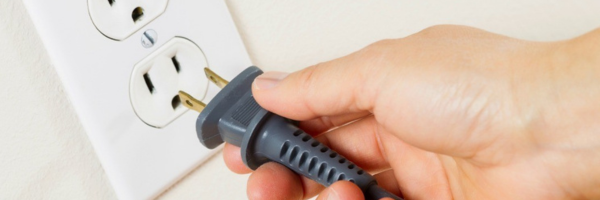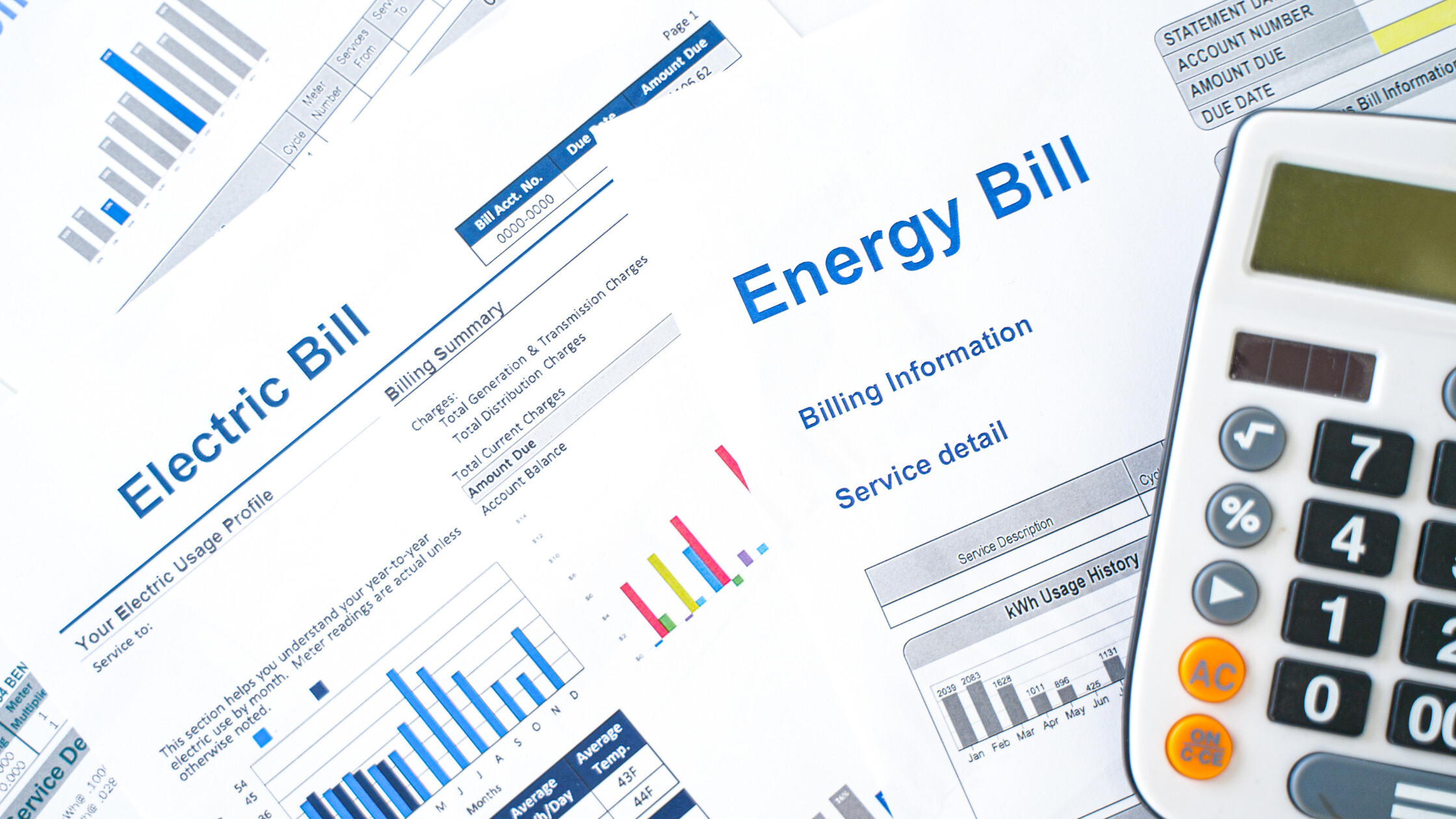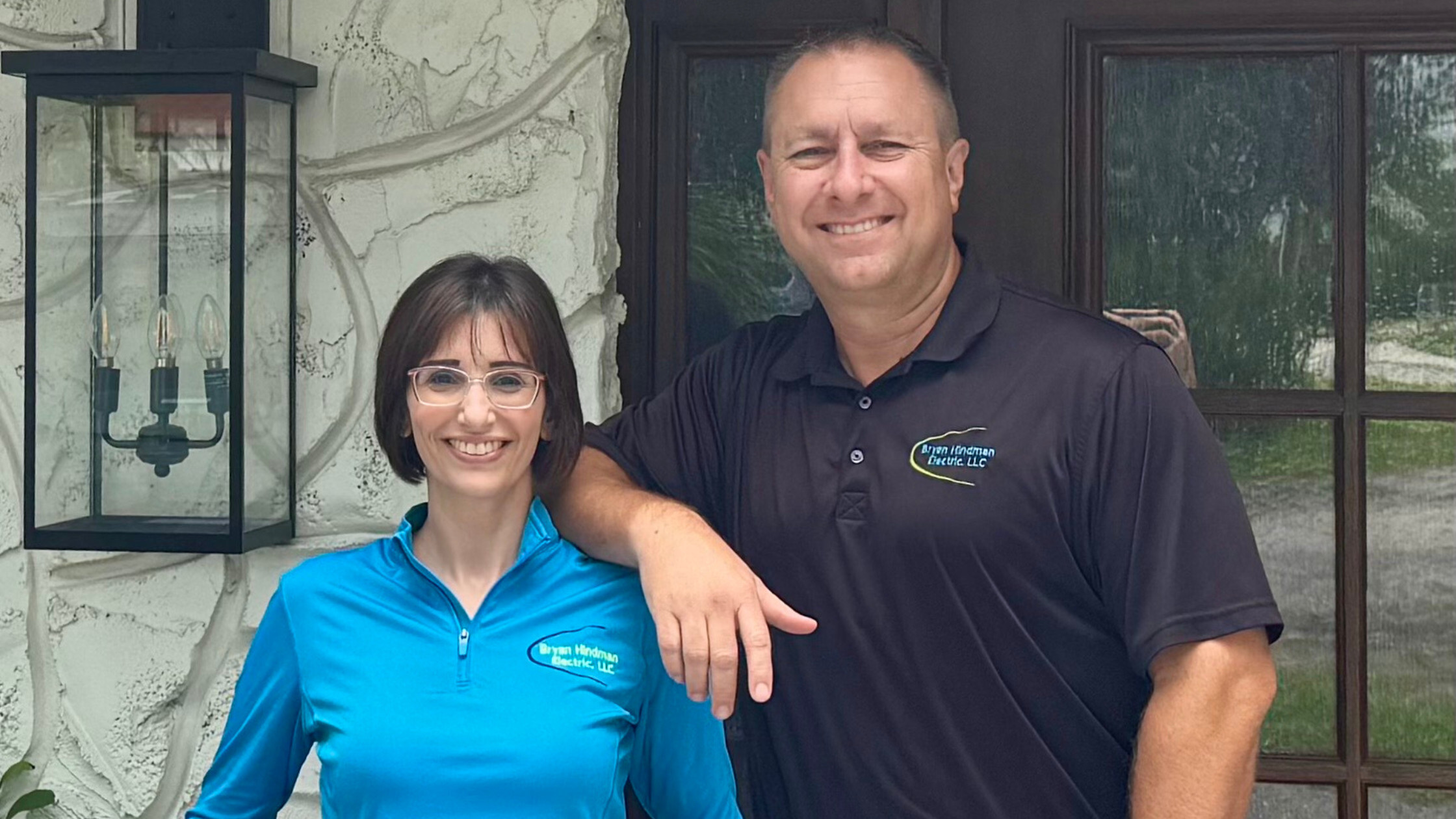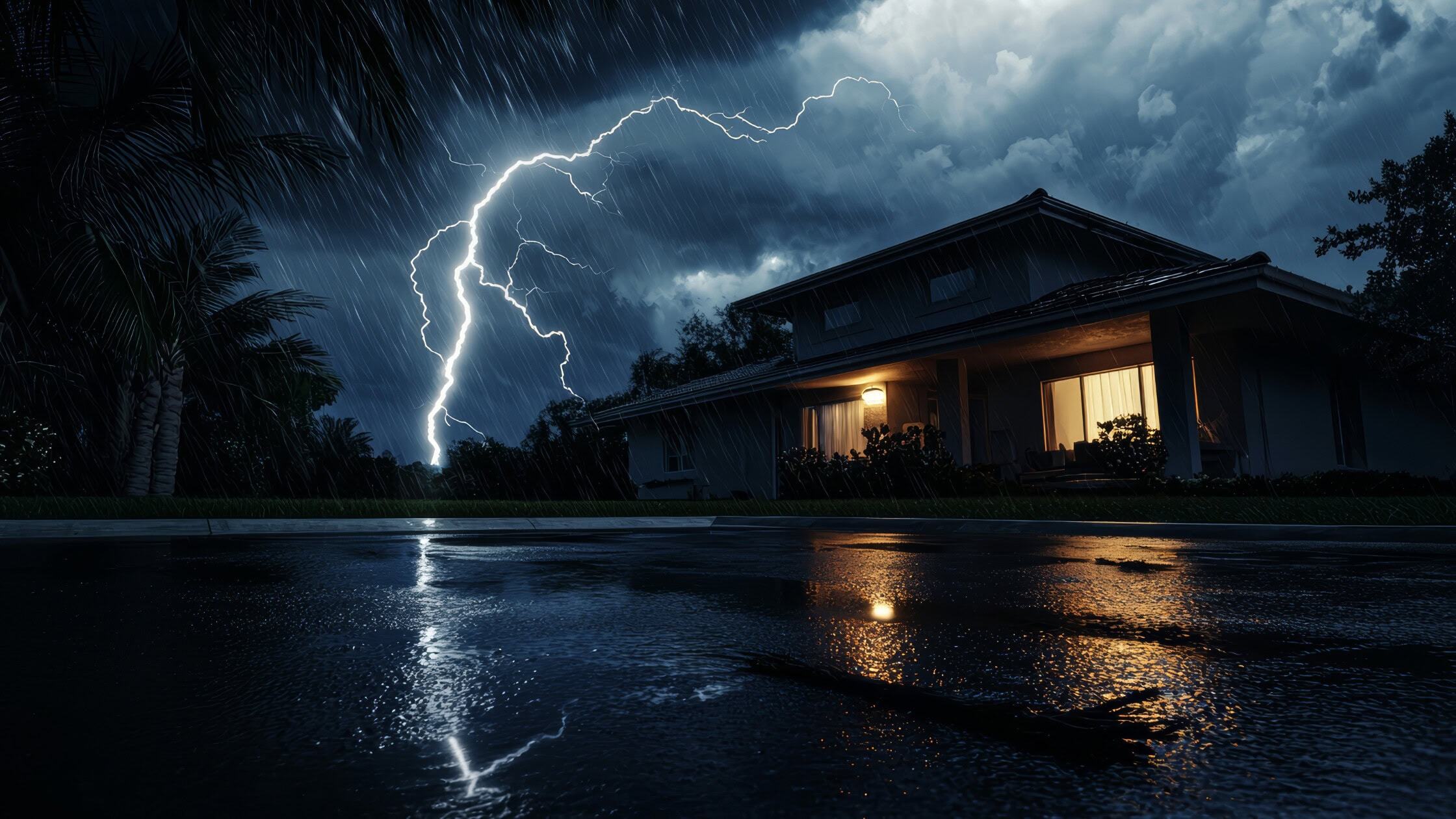Tagged as: Costs, Energy-efficient lighting, TECO
If you’re a homeowner in Hillsborough County, brace yourself: TECO’s residential electric rates are going up starting January 2026—and it won’t be a one-time bump....

When a storm is on the horizon, many homeowners wonder if they should unplug their appliances to protect them from potential damage. While it might seem inconvenient, taking a few precautions can save you from costly repairs or replacements.
One of the biggest concerns during a storm is power surges. These occur when there’s a sudden spike in electrical voltage, often due to lightning strikes or disruptions in the power grid. Power surges can damage or completely destroy electronic devices and appliances, especially those with sensitive internal components.
Sensitive Electronics: Devices like televisions, computers, and gaming consoles are particularly vulnerable to surges. Unplugging these items can prevent costly damage to their internal circuitry.
Small Kitchen Appliances: Microwaves, coffee makers, and toasters are susceptible to damage from power fluctuations. Unplugging them is a smart move, especially since they are easy to disconnect.
Large Appliances: It may not always be practical to unplug refrigerators, washing machines, or air conditioners, but they are also at risk. If you can’t unplug them, consider installing surge protectors or using whole-house surge protection.
Chargers and Battery-Operated Devices: It’s a good idea to unplug phone and laptop chargers, as they can act as a bridge for surges to damage your devices. Battery-operated devices, however, are safe from electrical issues.
A high-quality surge protector can help shield your appliances from unexpected power spikes. For essential electronics like computers and entertainment systems, invest in a reliable surge protector with a high joule rating. If you live in an area prone to frequent storms, consider whole-house surge protection, which provides comprehensive coverage for all your home’s electrical devices.
If you’re caught off guard by a sudden storm and can’t unplug everything, make sure to prioritize sensitive and expensive electronics first. It’s better to protect your home theater system or computer than to worry about unplugging every single lamp or small appliance.
Once the storm has passed, you can safely plug your devices back in. However, if you notice any issues like flickering lights or malfunctioning appliances, it’s best to contact a licensed electrician to check your system.
While it may not be practical to unplug every appliance during a storm, taking precautions with your most valuable and sensitive electronics can save you from potential headaches and expenses. For more in-depth tips and advice, check out our full blog post!
Stay safe and prepared this storm season!


